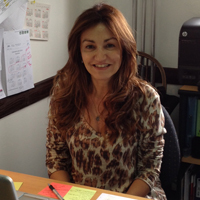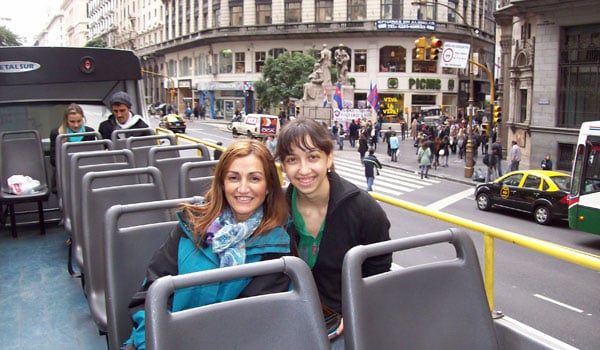CEA CAPA Education Abroad in Buenos Aires, Argentina
- Argentina
- Buenos Aires
About Program
Often called the “Paris of South America,” this multicultural city filled with immigrants from all over the world is a great place to understand how different cultures work together. Located on the western shore of La Plata River, this birthplace of the tango has a thriving arts culture, hip café scene, rich literary history, and vital music life. Affording a great location for travel throughout Argentina and South America, this multicultural city features one of the worlds most ideal climates.
You can take courses in English or Spanish at the CEA CAPA Buenos Aires Center or Universidad Austral. Advanced-level Spanish students can also take courses at the University of Belgrano. By providing volunteer opportunities, excursions, and many other cultural and learning activities, CEA CAPA turns Buenos Aires into a classroom.
Interested? Click the “Visit Site” button to learn what’s waiting for you!
Video and Photos
Diversity & Inclusion
BIPOC Support
LGBTQIA+ Support
Neurodivergent Support
Impact
Sustainability
Use of recycling bins in Study Center locations and in CEA CAPA housing
Signage in CEA CAPA housing urging students to limit water and electricity usage
Students are often given reusable bags and water bottles upon arrival to limit single plastic use
Students are provided with instructions for acquiring transportation passes to promote use of public transportation rather than taxis
Program Highlights
- Hands-on learning experiences that transform the world abroad into a classroom
- Personalized Pre-Departure Advising, including visa and immigration support
- Courses offered in English that fulfill major and general graduation requirements
- Comprehensive on-site support, including 24/7 emergency phone
- Career workshops, Internships Abroad, and Alumni Ambassador positions
















